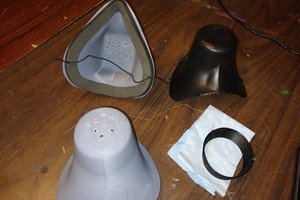Check the GitHub repo for the more details where I've updated notes about the design, assembly instructions, and other material.
Another 3D Printer Enclosure
Documenting my crazy idea of making a fire resistant enclosure out of Aluminum and tempered glass.
 TheStumbler
TheStumbler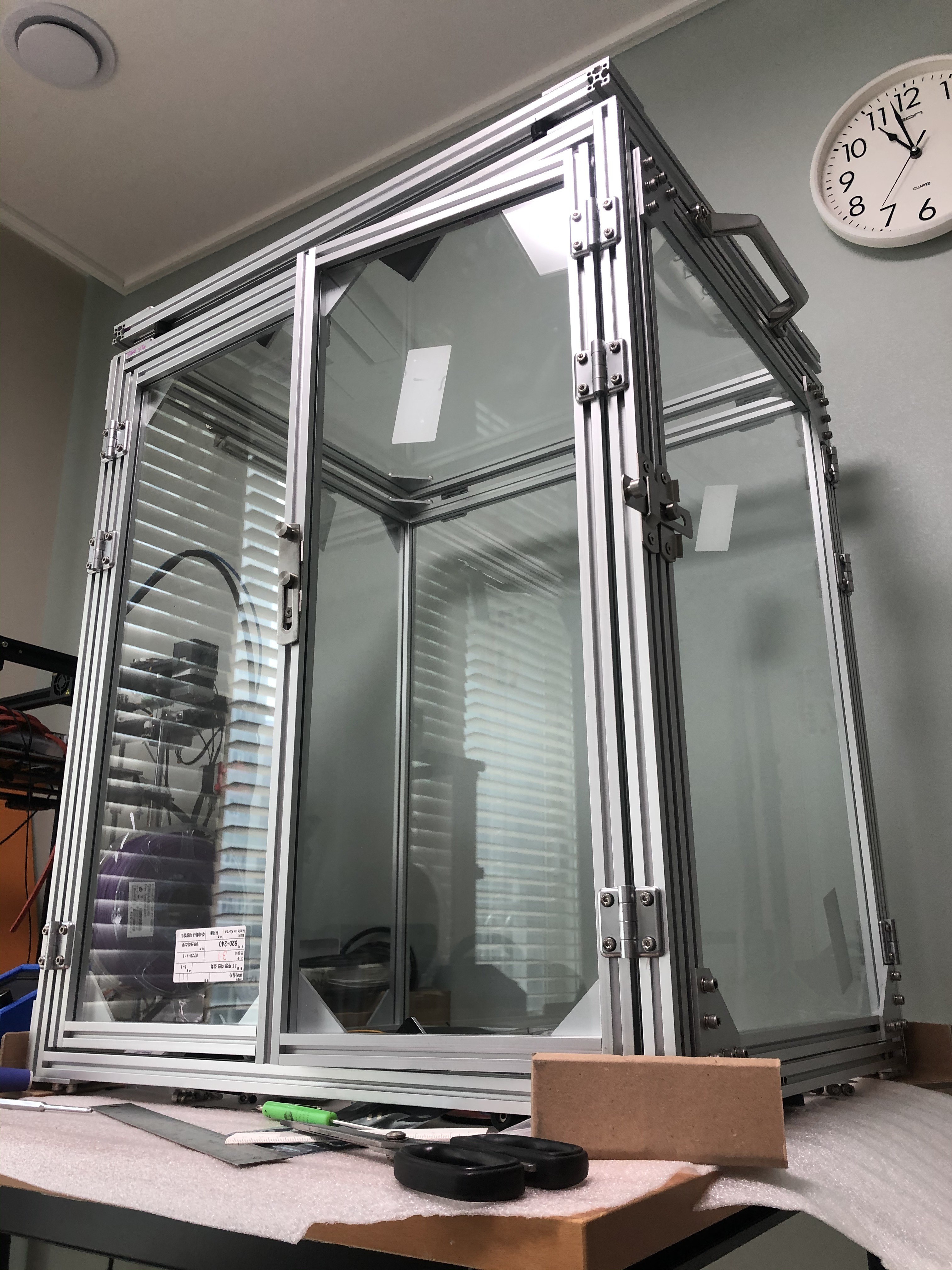
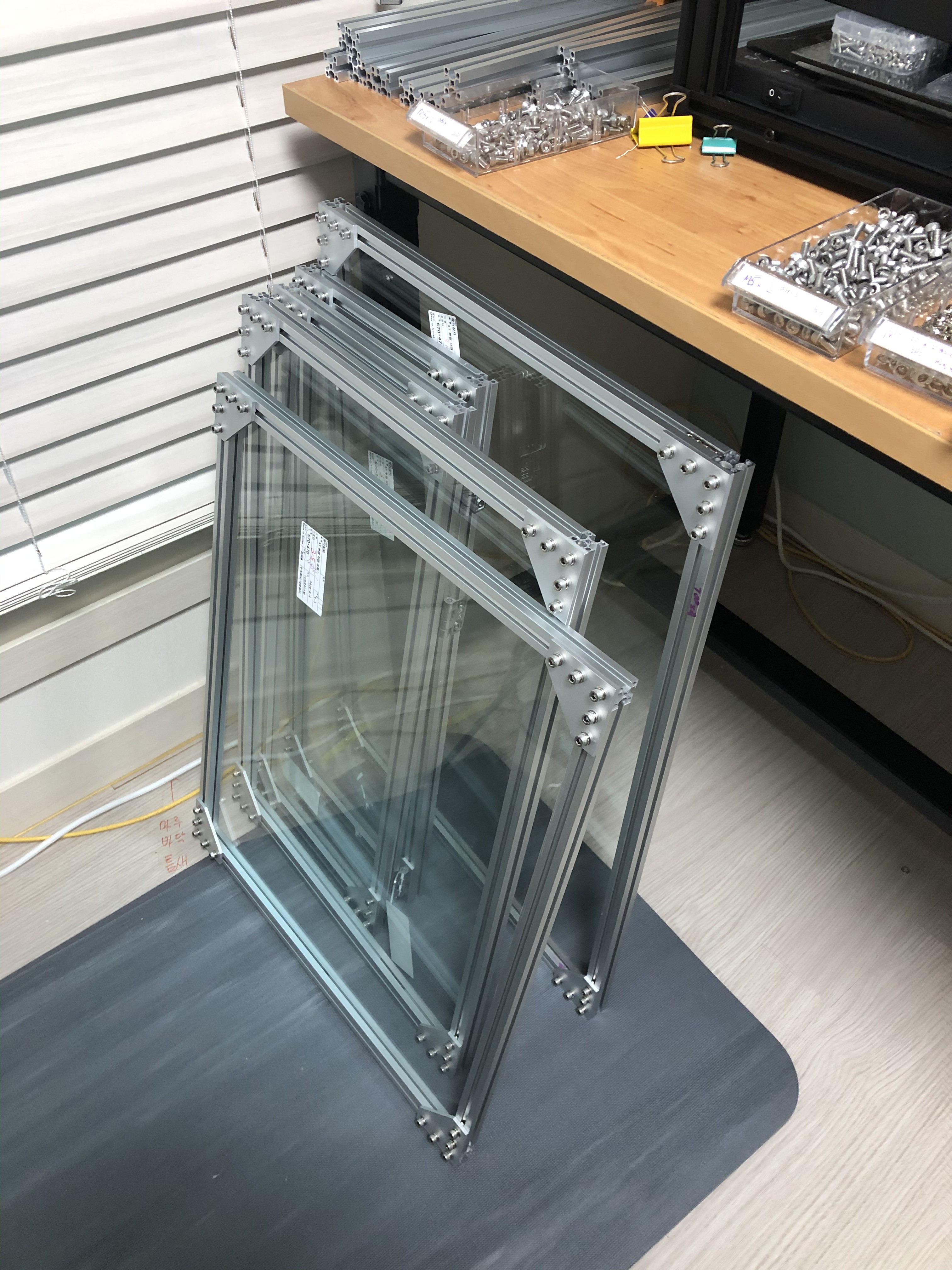
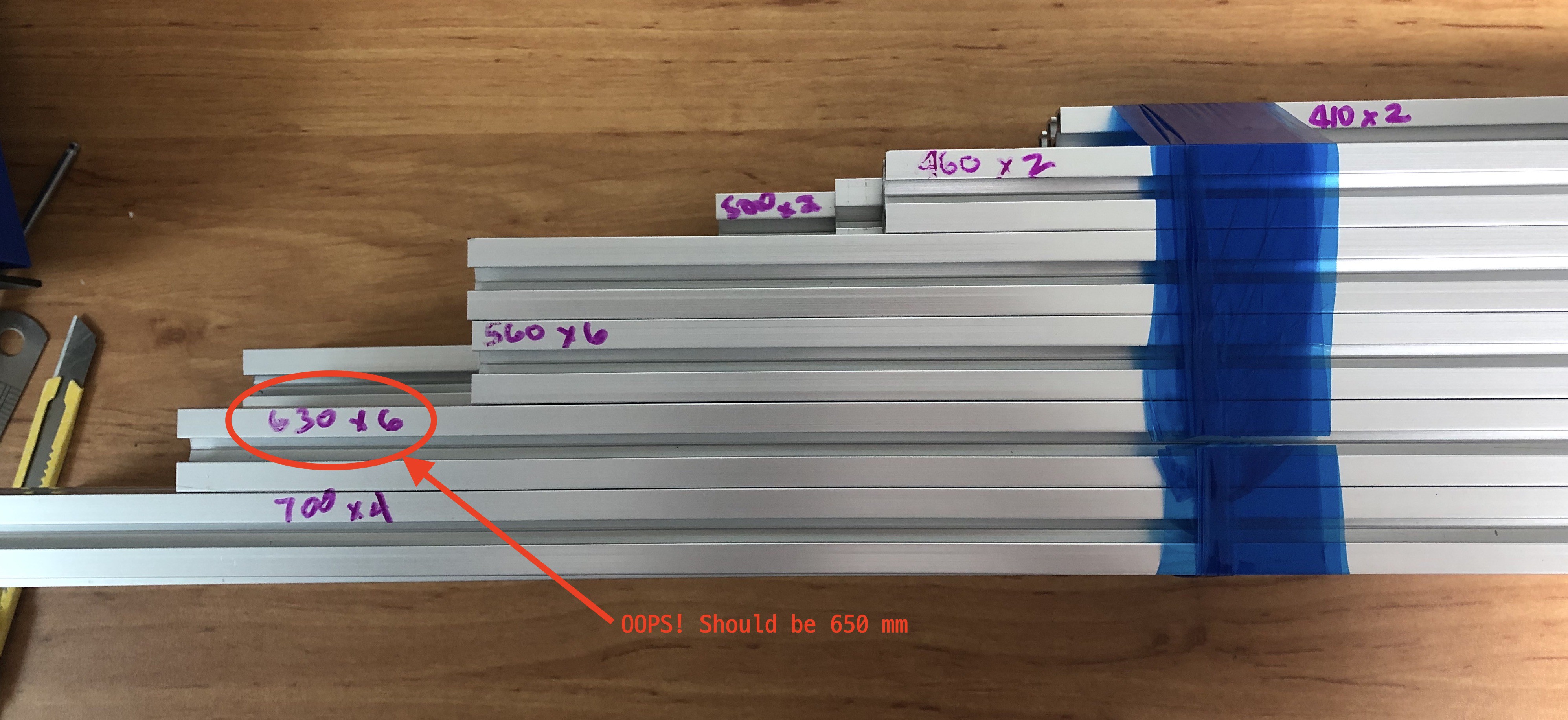
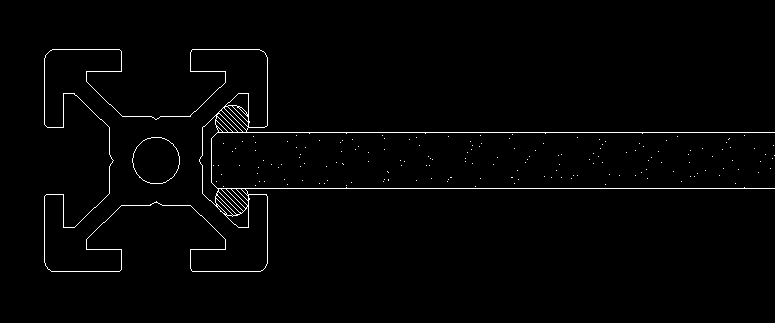
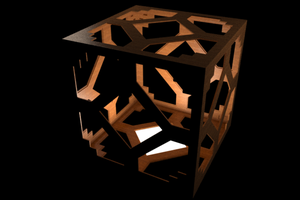
 GPPK
GPPK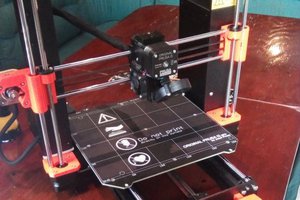
 Patrick
Patrick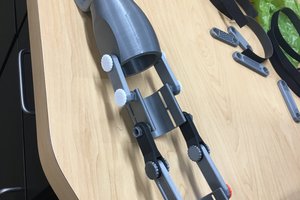
 ben.brochtrup
ben.brochtrup